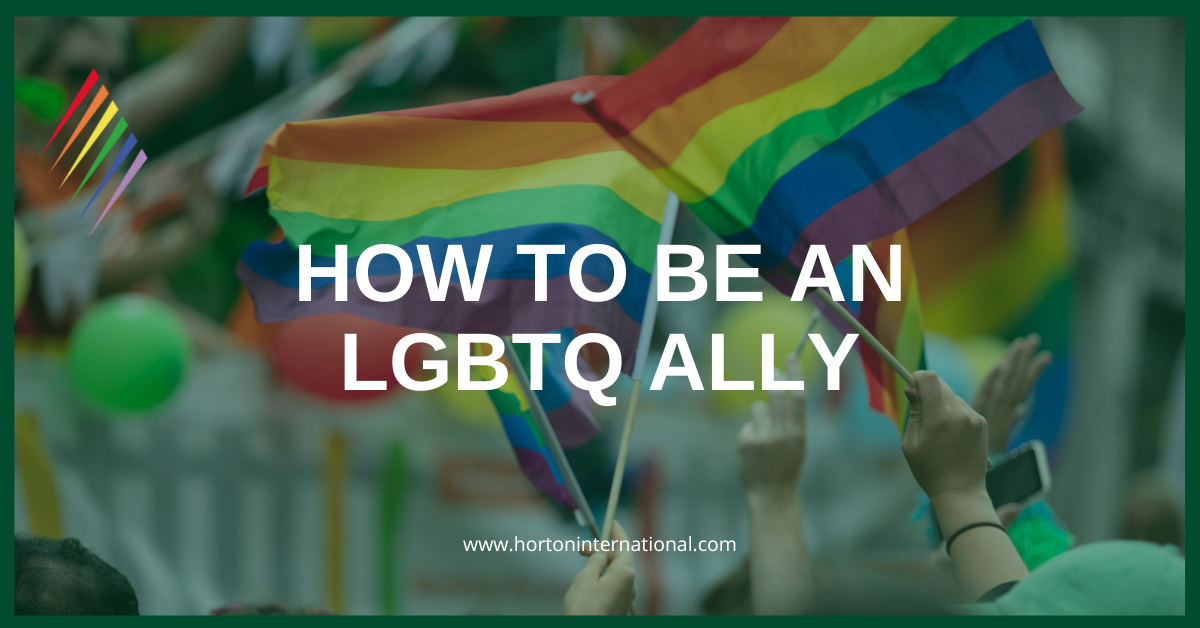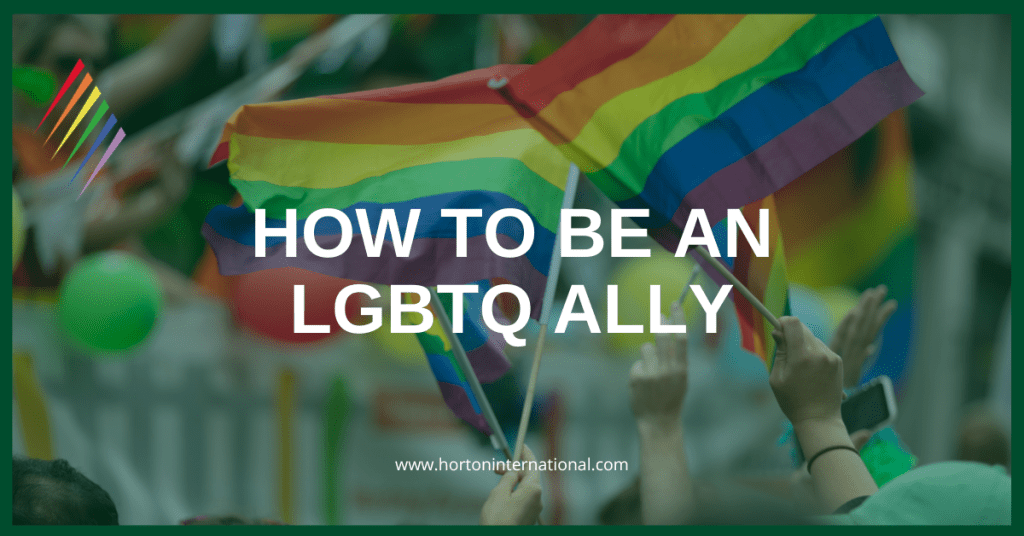Even in 2022, many LGBTQ+ people feel unsafe at work and face workplace discrimination. So much so that in the US, 46% of LGBTQ+ workers felt they’ve received unfair treatment, while one in ten believed they were denied a job or let go because of their gender identity or sexual orientation. In the UK, 35% of LGBTQ+ have hidden their gender or sexuality for fear of discrimination.
With many people feeling they have to hide their true identity in the workplace, there is something every colleague can do to help make their workplace a welcoming environment and foster an open and accepting culture.
Allies are action-takers
It is easy to call yourself an ally, but a true ally is someone that takes action. Creating a committee in your organisation that can inspire action across the rest of the business can be really valuable. Taking an active role in events and inclusion practices is not only a direct way to improve the culture of the organisation, but also helps you to learn more about allyship and reducing your own bias.
Add pronouns to email signatures
If you feel comfortable sharing your pronouns, add them to your email signature, Zoom handle, LinkedIn profile, and anywhere you network and connect with colleagues and contacts. This shouldn’t be mandatory, as there may be people exploring their identity or prefer their privacy, but it is an important way to help people feel safer when sharing their pronouns.
Elevate Pride networks
From regional to international Pride events and charities, having senior leaders championing and sharing these networks and events means your organisation will have voices that encourage inclusivity and diversity. While it is important to have championing voices in your organisation, do be mindful that you’re doing this to put LGBTQ+ voices first. Stand in solidarity, rather than leading the charge from a place of privilege.
Think about workplace language
Using inclusive language is important as an LGBTQ+ ally. The language you use can dramatically transform whether someone feels part of the conversation or offended. Common phrases in the workplace could include “ladies and gentlemen” and “thanks, man” but these can be exclusive or offensive.
With your language, it is also important not to make assumptions that could influence what you say. For example, talking about girlfriends or boyfriends may be an assumption you are making, which could prevent that person from opening up or being their true self with you.
Learn without interrogating
Organisational training can be a great way to start by increasing your awareness of the struggles and challenges LGBTQ+ people can face, but there are lots of ways you can increase your knowledge. From understanding the terminology and language to its historical struggles and the challenges that many people still face, increasing your knowledge can be a powerful tool for allyship.
If LGBTQ+ friends share stories, then truly listening and asking respectful questions can mean you develop a deeper understanding. Intrusive questions and assuming these friends will be walking encyclopaedias on all LGBTQ+ issues can put a strain on the friendship and it doesn’t show that you’re willing to do the work yourself to learn more about being a better ally.
Remember, mistakes can happen
As with all learning processes, mistakes can happen. Making an active effort to forgive yourself but also correct any behaviour that may have been offensive or hurtful is an important part of the allyship learning curve.








